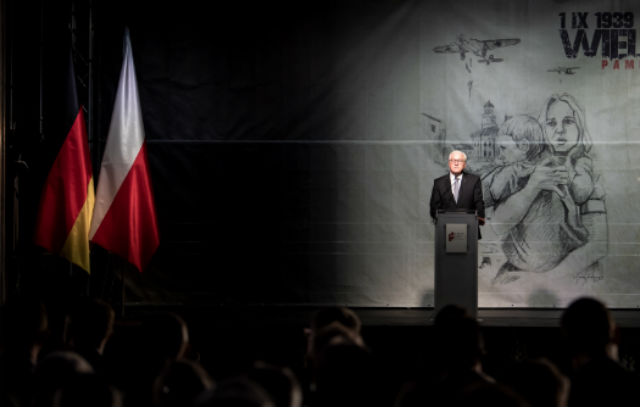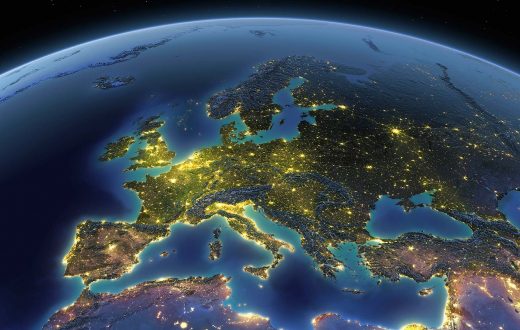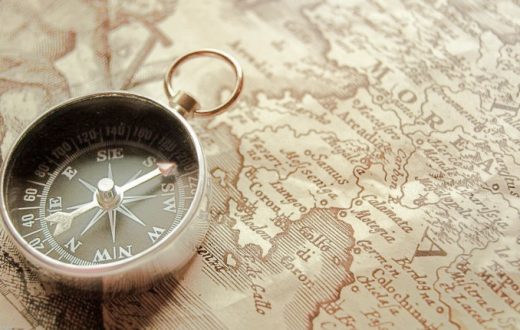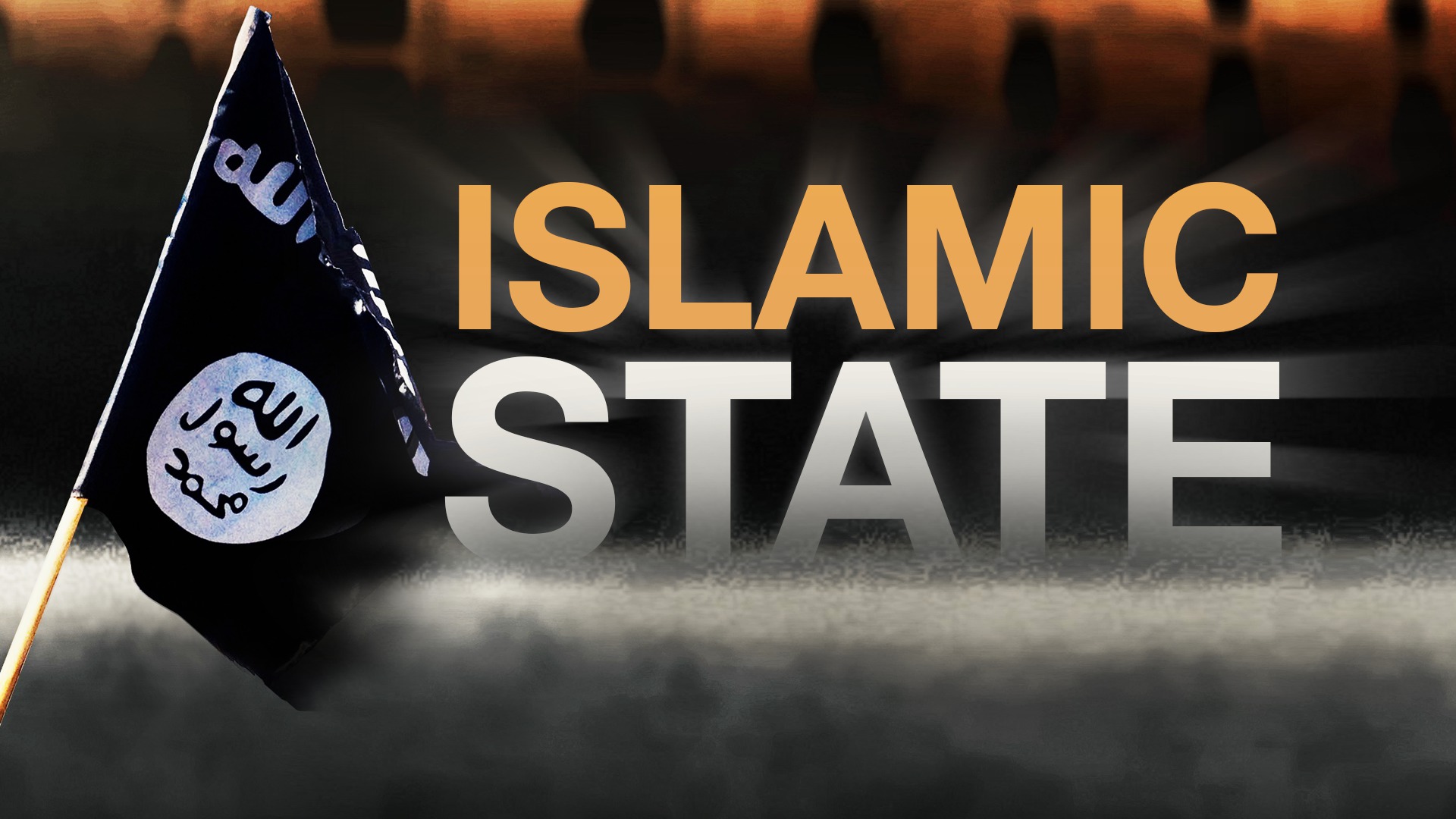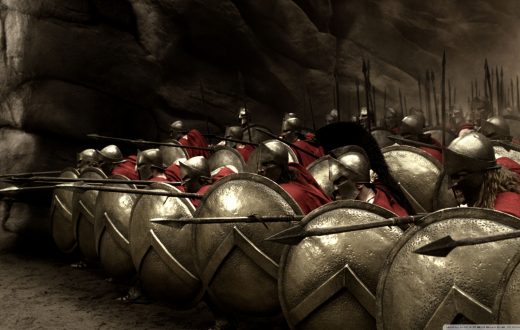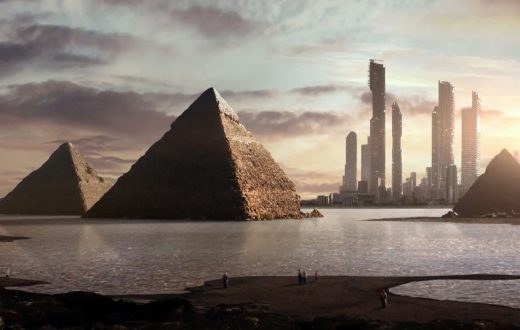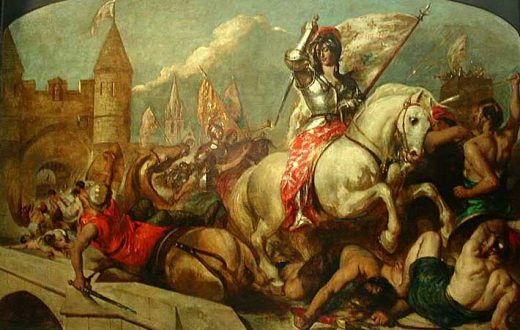On Sunday, September 1, German President Frank-Walter Steinmeier apologized to the victims of German aggression in 1939 at a ceremony in Wielun, a small Polish town where the first bombs of the Second World War fell. “I bow to the victims of the Wielun attack. I bow to the Polish victims of German tyranny. And I apologize,” said Mr. Steinmeier in German and Polish, in the presence of his Polish counterpart.
Poland was severely affected by the horrors of the Second World War, losing six million citizens, including three million Jews. “It was the Germans who committed a crime against humanity in Poland. Anyone who claims that it is over, that the National Socialists’ reign of terror in Europe is a marginal event in German history is judging himself,” Steinmeier said.
Moreover, the Head of State referred to the far right in Germany, Alternative for Germany (AfD). The co-president of the Afd Alexander Gauland had considered that the years of the Third Reich were only a “bird droppings” in a glorious German millennium.
“We will not forget. We want to remember and we will remember,” Steinmeier said. His Polish counterpart Andrzej Duda denounced “an act of barbarism” and “a war crime” that opened the Second World War in Wielun on 1 September 1939. Thanking the German President for his presence today, Mr Duda considered “that this ceremony will go down in the history of Polish-German friendship”.
“I have seen dead, wounded…”
After the ceremonies, the two heads of state are scheduled to visit the Wielun Museum and meet the survivors of the German aggression in 1939. “I saw dead, wounded… Smoke, noise, explosions. Everything was burning…”, said an 88-year-old witness to the bombing, interviewed by Agence France-Presse a few days before the anniversary.
The attack came a week after the secret agreement, the Ribbentrop-Molotov Pact, concluded between Nazi Germany and the Soviet Union on the sharing of Europe between them. The Second World War would kill between 40 and 60 million people, including six million Jews, as a result of the Nazi Holocaust.
At the time of the Wielun ceremony, Polish Prime Minister Mateusz Morawiecki and European Commission Vice-President Frans Timmermans participated in the commemoration of the desperate struggle waged by a handful of Polish defenders of the Westerplatte garrison in Gdansk, bombed by a German warship.
On September 3, 1939, France and the United Kingdom, allies of Poland, declared war on Germany, but without launching major operations. On 17 September, the USSR attacked the eastern part of the country.
Nazi-Soviet collaboration ended with Hitler’s attack on the USSR on June 22, 1941. The war continued between the Allies, joined by the USSR and the United States, and the German-Italian-Japanese axis, which was defeated in 1945.
In the middle of the day, US Vice President Mike Pence, preceded by Mr. Duda and Mr. Steinmeier, will deliver a speech on Pilsudski Square in front of the Tomb of the Unknown Soldier in Warsaw. Mr. Pence replaces President Donald Trump who had planned to travel to Poland, but eventually gave up so as not to leave his country threatened by Hurricane Dorian.
War repairs
Germany is now Poland’s ally in NATO and the EU, and its largest economic partner. But, in the eyes of the conservative nationalist government in Warsaw, some problems inherited from the past are still waiting for a final settlement, namely that of war reparations.
Besides, A parliamentary committee is currently working on a new estimate of Poland’s losses, which Warsaw wishes to present to Berlin. But for the German government, the issue of reparations has long since been closed.
Chancellor Angela Merkel will attend the commemoration in Warsaw, but neither French President Emmanuel Macron nor British Prime Minister Boris Johnson have any plans to make the trip. Russian President Vladimir Putin was not invited, due to the annexation of Crimea and the separatist conflict in Ukraine.
According to the Polish Presidency, some 40 foreign delegations are expected, including Ukrainian President Volodymyr Zelensky.

